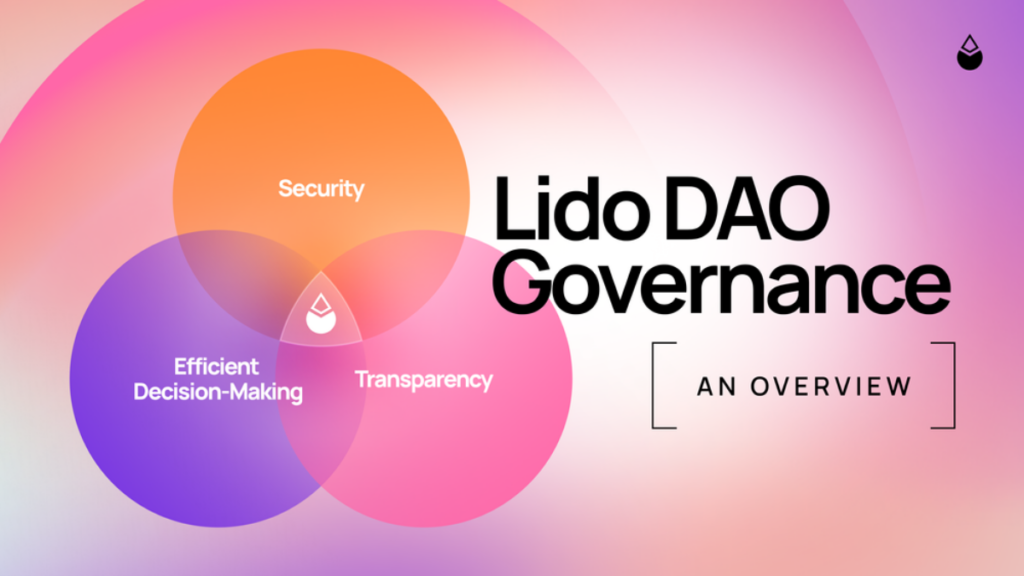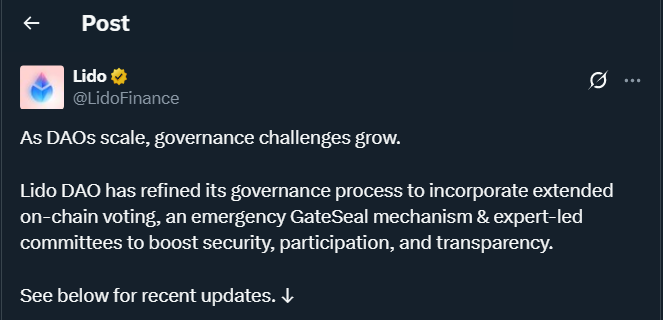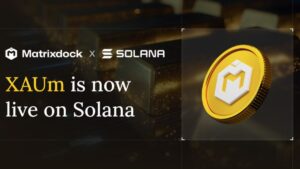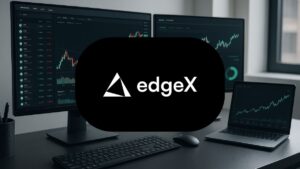TL;DR
- Lido DAO has strengthened its governance system with extended two-phase voting periods, an emergency mechanism called GateSeal, and a structure of expert committees for technical and financial decision-making.
- These enhancements aim to boost participation, reduce risk, and ensure transparent, decentralized governance.
- As the community grows and challenges intensify, Lido commits to solid and adaptable governance in the evolving crypto ecosystem.
As DeFi protocols like Lido DAO expand in size and influence, so do their responsibilities. Managing millions in assets demands not just decentralization but also robust security, operational efficiency, and full transparency. In this context, Lido DAO has taken a crucial step by upgrading its governance model to meet the growing challenges of the crypto landscape.
New Voting Timelines and More Time to Decide
One of the most notable updates is the extension of the on-chain voting phases: the Main Phase now runs from Wednesday to Saturday (72 hours), followed by the Objection Phase until Monday (48 hours). This change comes in response to a worrying drop in voter engagement—from over 88 million LDO tokens participating in Q4 2023 to just 63 million in Q4 2024. By extending the voting period, tokenholders have more time to properly review proposals and, if needed, override decisions made by their delegates.
The three-step governance process (discussion, gas-free off-chain voting, and on-chain execution) remains in place, ensuring each proposal undergoes a rigorous, community-wide review before implementation. Transparency is guaranteed at all stages: from the initial draft to the final on-chain action.
GateSeal: An Emergency Shield for Smart Contracts
Another major advancement is “GateSeal”, an emergency mechanism designed to halt critical smart contracts in case of exploits, bugs, or governance attacks. This “emergency brake” can only be activated with the approval of a committee (3 out of 6 quorum), preventing any single actor from abusing its power. Its duration was set to 11 days—enough time for the DAO to assess the situation, prepare a vote, and act accordingly. Key components such as user withdrawals and validator exits are protected, minimizing the risk of unauthorized fund movements.
Additionally, Lido has reinforced its internal operations through “specialized committees”. These groups are responsible for vital areas like validator management, treasury oversight, and reward distribution. Their decisions require multisig authorization and are recorded on-chain for full public accountability. Even routine tasks benefit from this system, thanks to tools like Easy Track, which streamline operations without sacrificing transparency.

While many DAOs struggle to strike a balance between speed and decentralization, Lido DAO is building a system that protects the core values of the crypto space: community-driven governance, resilience, and security. Looking ahead, a “dual governance model” is in the works—poised to take Lido’s decentralization efforts even further.











